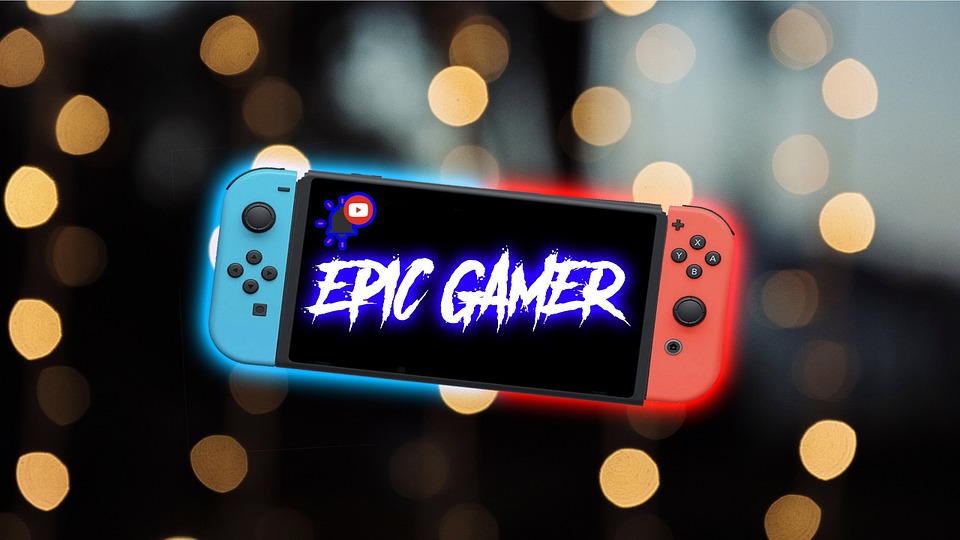Introduction
Video gaming has evolved from a niche hobby to a global phenomenon, affecting millions of people across various demographics. While games are primarily designed for entertainment, their psychological impact on players is profound and multifaceted. Understanding the psychological mechanisms behind gaming can shed light on our motivations for playing, our emotional responses, and the potential benefits and drawbacks of this popular pastime.
The Allure of Gaming: Why We Play
1. Escapism and Stress Relief
One of the most significant reasons people turn to video games is escapism. Games allow players to enter virtual worlds that provide a break from the stresses of everyday life. In these immersive environments, players can temporarily forget their responsibilities, worries, and anxieties. Studies show that engaging in enjoyable gaming experiences can increase feel-good hormones like dopamine, enhancing mood and reducing stress.
2. Achievement and Mastery
Games often provide a structured format for achievement. Players face challenges, level up, and earn rewards, which can lead to a sense of accomplishment. This aligns with psychological theories such as Maslow’s hierarchy of needs, where the need for achievement is crucial for self-actualization. The quest for mastery not only boosts self-esteem but also fosters resilience, as players learn to navigate failures and setbacks within the game.
3. Social Connection
Multiplayer games and online platforms create opportunities for social interaction. Whether through cooperative play or competitive matches, players can forge friendships, collaborate on challenges, or engage in healthy competition. The social aspect of gaming can significantly enhance a player’s experience, fulfilling the human need for connection and community. Research indicates that social gaming can improve well-being and decrease feelings of isolation.
Emotional Responses in Gaming
1. Empathy and Emotional Engagement
Games, particularly narrative-driven ones, have the power to evoke deep emotional responses. Players often form connections with characters and storylines, experiencing empathy as they engage with the narrative. This emotional immersion can lead to valuable insights about human behavior and relationships. For instance, role-playing games (RPGs) allow players to explore different perspectives, broadening their understanding of varied life experiences.
2. Frustration and Anger
While gaming can induce positive emotions, it can also lead to frustration and anger, particularly in competitive scenarios or high-stakes situations. Research shows that intense gaming experiences, especially those that trigger failure, can provoke aggressive responses. Understanding these emotional triggers is important, as they can carry over into real life, impacting interpersonal interactions and emotional management outside of gaming contexts.
The Dark Side of Gaming
1. Addiction and Compulsive Behavior
While gaming can be a healthy form of escapism, excessive gaming can lead to addiction—a condition recognized by the World Health Organization as "Gaming Disorder." Symptoms include a loss of control over gaming habits, prioritizing gaming over daily life responsibilities, and continued play despite negative consequences. This compulsive behavior can have serious repercussions on mental health, relationships, and overall well-being.
2. Desensitization and Aggression
There are ongoing debates regarding the potential link between violent video games and aggressive behavior. While some studies suggest that exposure to violent gaming can desensitize players to violence, others argue that contextual factors, such as individual personality traits and social environments, play a more significant role in influencing behavior. Understanding these nuances is crucial for both game developers and players to navigate the effects of content.
The Cognitive Benefits of Gaming
1. Enhanced Problem-Solving Skills
Many video games require strategic thinking, critical analysis, and quick decision-making. Engaging in complex gameplay can improve cognitive skills, such as problem-solving and logical reasoning. Action games, in particular, have been shown to enhance spatial awareness and hand-eye coordination.
2. Creativity and Imagination
Games can stimulate creativity by providing players with opportunities to design, build, and explore virtual worlds. Sandbox games, like Minecraft or Roblox, encourage players to think outside the box, experiment, and express their creativity in unique ways. This creative outlet can foster innovation and imaginative thinking in real-life scenarios.
Conclusion
The psychology of gaming is a rich and evolving field that reveals insights into human behavior, motivation, and emotional health. While gaming offers significant benefits—such as stress relief, enhanced cognitive skills, and social connection—it can also pose risks, including addiction and aggressive behaviors. As the gaming industry continues to grow and diversify, understanding the psychological effects of gameplay is essential for both players and developers. By navigating these complexities, we can harness the positive aspects of gaming while mitigating its potential downsides, leading to a healthier and more fulfilling gaming experience.


